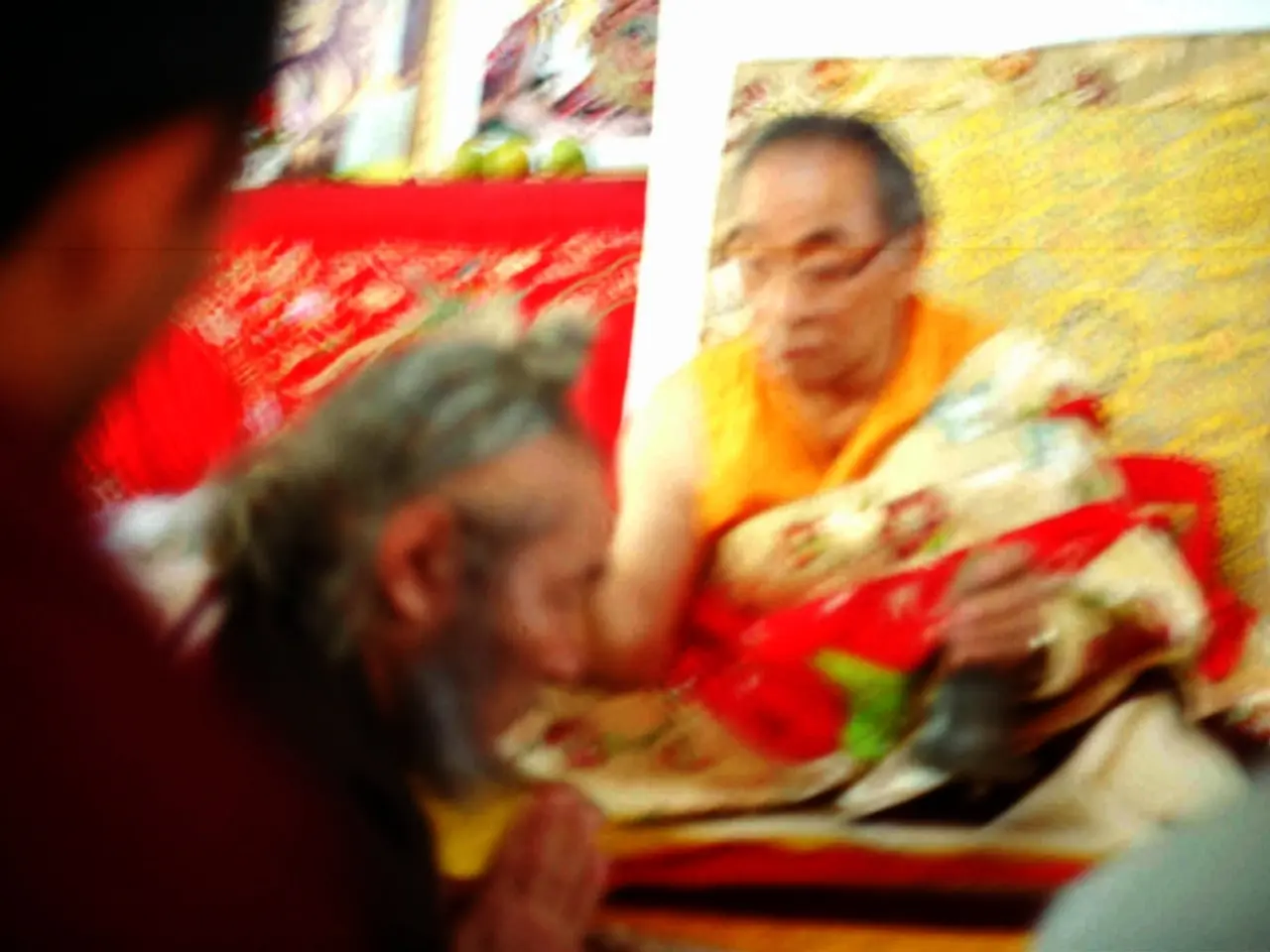Discussing the Thai word "Farang" and whether it can be considered as a racial slur towards Caucasians
The term "Farang," a common word used in Thailand to refer to foreigners, has an interesting history that dates back to the medieval era. Originating from the ethnonym "Frank," this word was used broadly in the Middle Ages by Muslims and Asians to denote Europeans, especially Western Europeans.
The word "Farang" made its way into the Thai language through a series of linguistic borrowings. It passed from the Franks, into Andalusian Arabic, and then into many Indian Ocean region languages, including Thai.
In the Thai cultural context, "Farang" is typically used to refer to white or European foreigners. It carries the connotation of "Western foreigner" rather than all foreigners indiscriminately, which would be a different term. The adoption of the term extended metaphorically—such as in the name for Thai guavas, colloquially called Farang because the fruit is believed to have been introduced to Thailand by European traders in the 17th century.
While sometimes debated, "Farang" is generally not considered a racist term in Thailand but rather a neutral descriptor of Western foreigners. The word does not inherently carry negative or racist overtones, although contextual attitudes toward foreigners can vary. It reflects Thailand’s historical encounters with Europeans from the era of early international trade and colonial influence.
Today, the word "Farang" is still commonly used, especially to describe Caucasian tourists or expats in Thailand. It's a term that, while rooted in history, continues to play a significant role in contemporary Thai culture and conversations.
In Arabic, the term Faranji was used to refer to the Frankish people (Europeans). The word entered Thailand through trade routes, especially during the Ayutthaya period, when the kingdom was a major player in the region's commerce.
In conclusion, "Farang" is a term with a rich history, originating from the ethnonym "Frank" and passing through various languages before finding its place in Thai culture. It is a term that carries the connotation of Western foreigner and reflects Thailand’s historical encounters with Europeans. It is not inherently racist, although social attitudes toward foreigners in Thailand may be complex.
- The term "Farang" in Thailand's culture, originally derived from the ethnonym "Frank," has historical connections with Arabic and Indian Ocean region languages, making its way into the Thai language through a series of linguistic borrowings, such as trade routes during the Ayutthaya period.
- Modern Thai lifestyle showcases the ongoing impact of the term "Farang," with the word still commonly used to describe Caucasian tourists or expats in Thailand, reflecting the country's storied connections to Western Europe dating back to the era of early international trade and colonial influence.
- Beyond food-and-drink and fashion-and-beauty, the term "Farang" offers a fascinating window into the culture of Thailand and its ongoing relationship with the West, starting from a shared history of Arabic, Asian, and European influences that continue to shape contemporary social dynamics.




